
With each new school year comes new classes to keep up with the innovations of modern life, which is exactly what Norwin aims to remedy with the two new classes introduced this year: Introduction to AI and Biomedical Innovations are two incredibly topical classes that correspond with our newfound technology.
The first of the two classes being explored is Introduction to Artificial Intelligence, taught by Mr. Ray Rakvic, where kids learn how the new technology ticks. It gives an in-depth understanding of how AI is integrated into our everyday lives and how the training data is acquired and processed.
“This course teaches what every student should know about Artificial Intelligence,” said Rakvic. “AI is a fast-moving technology with impacts and implications for both our individual lives and society as a whole. In this course, students will get a basic introduction to the building blocks and components of artificial intelligence, learning about concepts like algorithms, machine learning, and neural networks. Students will also explore how AI is already being used and evaluate problem areas of AI, such as bias. The course also contains a balanced look at AI’s impact on existing jobs, as well as its potential to create new and exciting career fields in the future. Students will leave the course with a solid understanding of what AI is, how it works, areas of caution, and what they can do with the technology.”
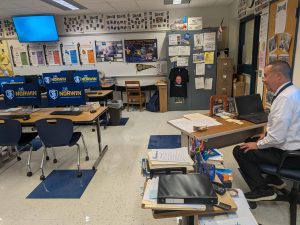
This class stands apart from other technology courses and teaches things that every student could get some use out of in the future, regardless of whether they go into a technology field or not.
“Introduction to AI stands apart from other technology courses in several key ways—both in content and in how it engages students,” said Rakvic. “Technology is a part of everyone’s lives, but all students are engaged in using AI in some form. Students are able to see how AI can be a help in their lives and how to safely use it.”
The second class getting a deep dive is Biomedical Innovations, taught by Faith Miller, a full year elective where students apply their skills to solve biomedical questions and problems in clinical medicine, physiology, biomedical engineering, and public health. It’s an in-depth, all-around knowledge class that anyone interested in medicine should take a look at as a possible elective for their senior year.
“This class teaches students how to be more hands-on what they do and they’re actually innovating and designing and coming up with real world solutions on their own,” said Miller. “You know not just the traditional lecture style class where I’m just spitting information in fact at them and they’re just retaining it. They’re actually taking what they’ve learned over the course of the three years with the other project lead the way courses and applying everything to more hands-on in real world situations.”
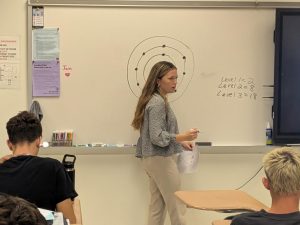
Right now, students are getting into the school year by getting hands-on experience designing a more efficient and effective emergency room to understand what would and would not affect their work.
“I think the most challenging part for students in this course,” said Miller, “is you know having to kind of not have the answer given to them where they’re actually taking what they’ve learned over the course of three years and applying it not even within a week you know over the course of months and working on these things and finding the ways in the time to organize when they’re gonna complete things and get things done.”
From Biomedical to Artificial Intelligence, Norwin’s new classes are pushing to understand the newest innovations of the decade and create the innovators of tomorrow.


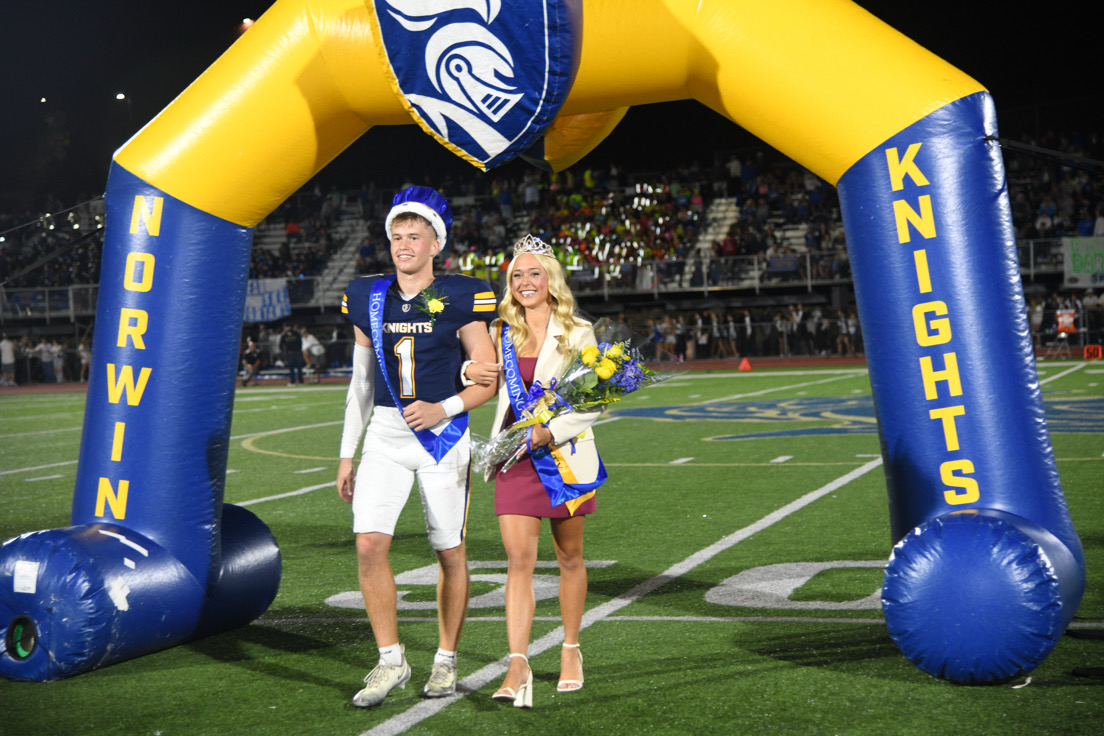
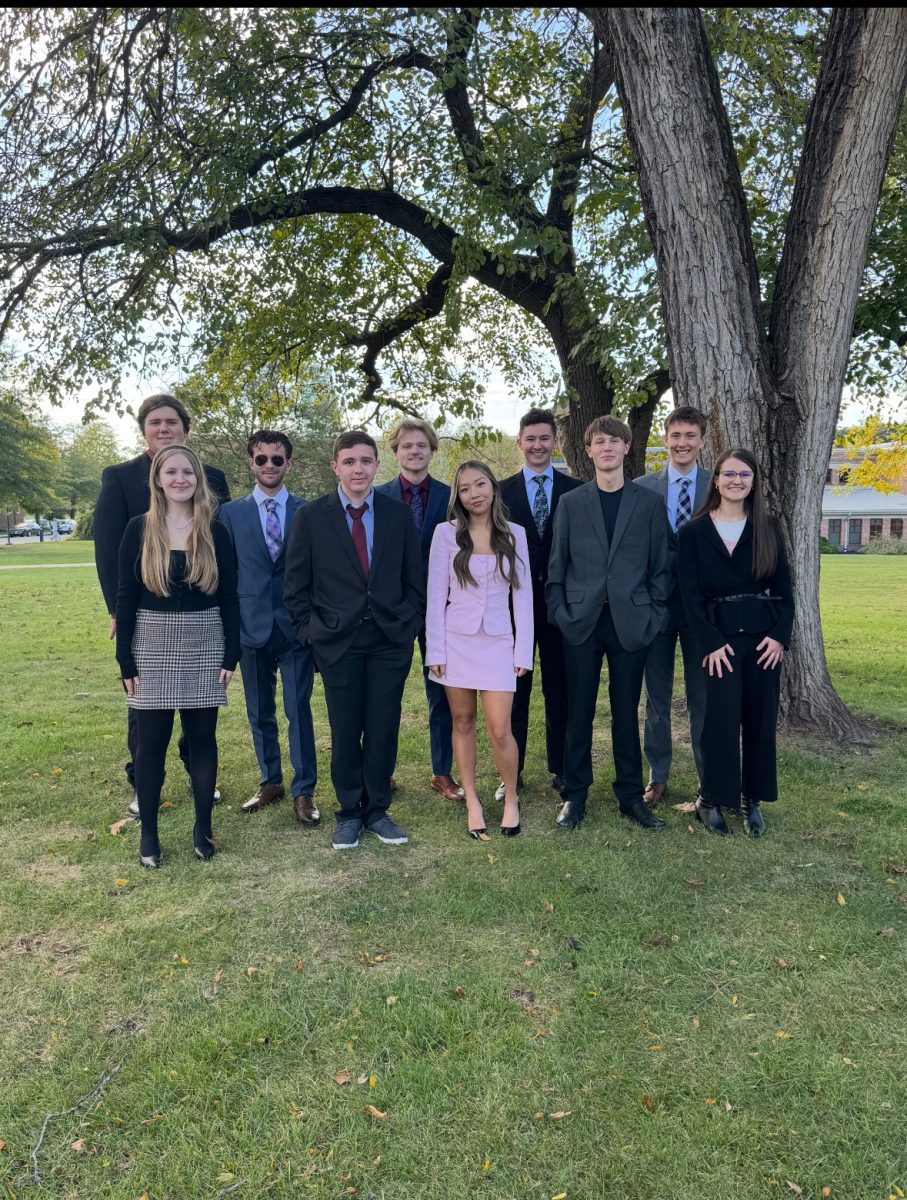
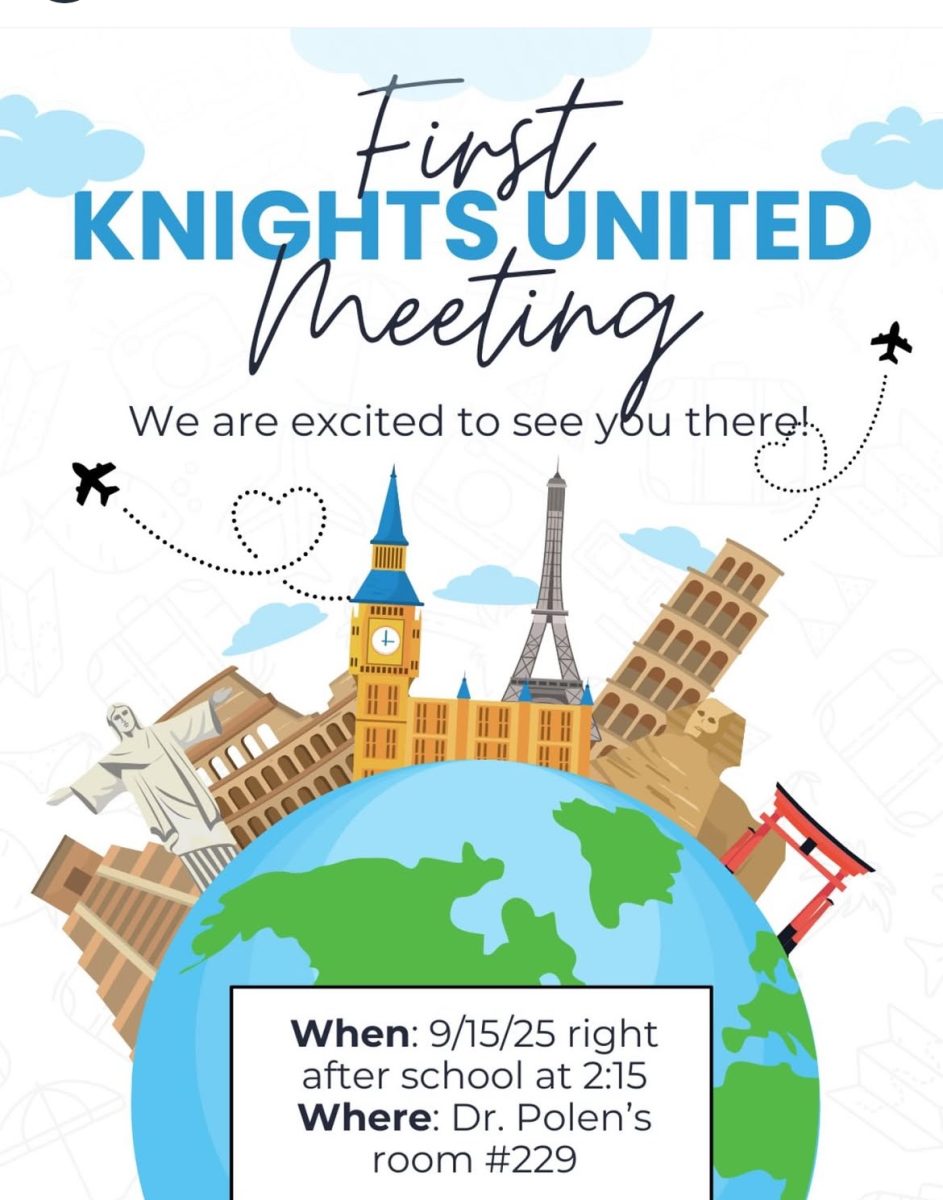
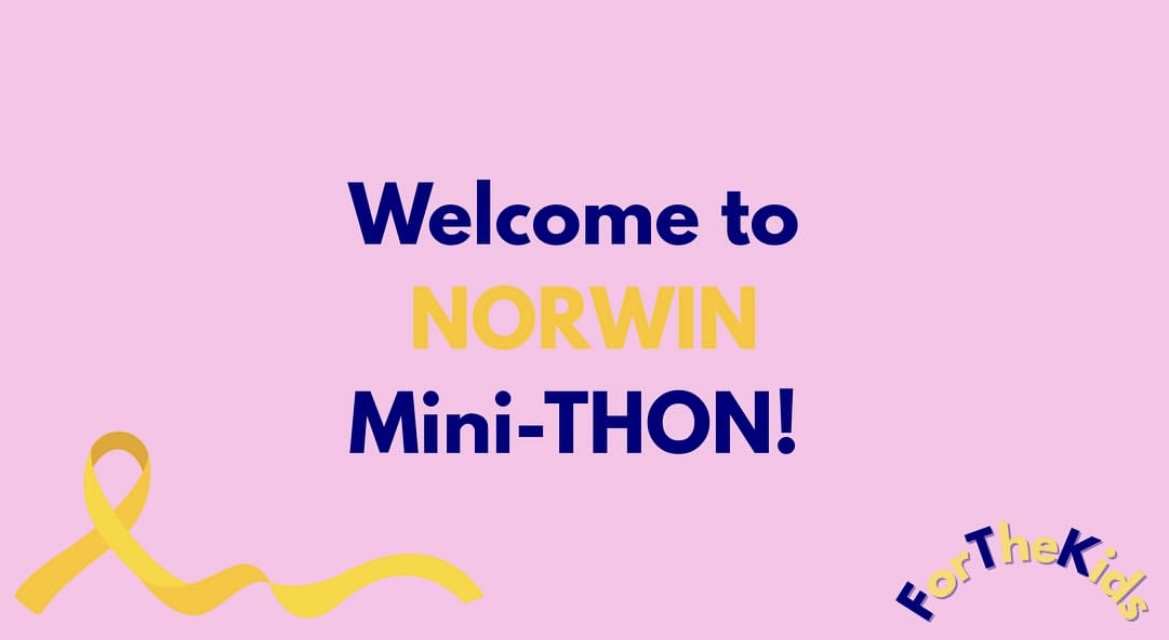
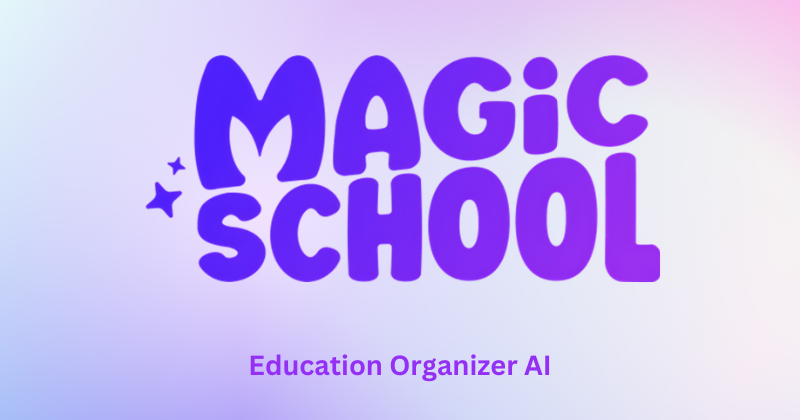

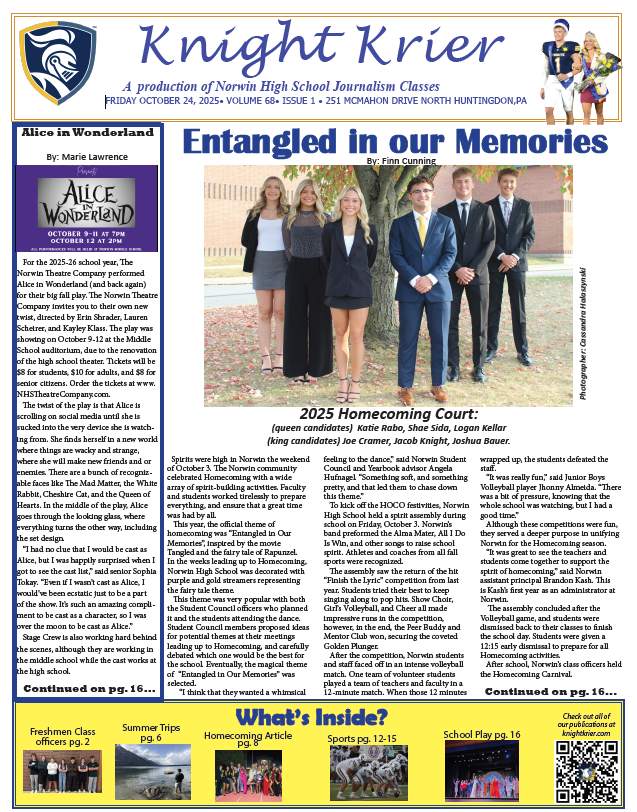

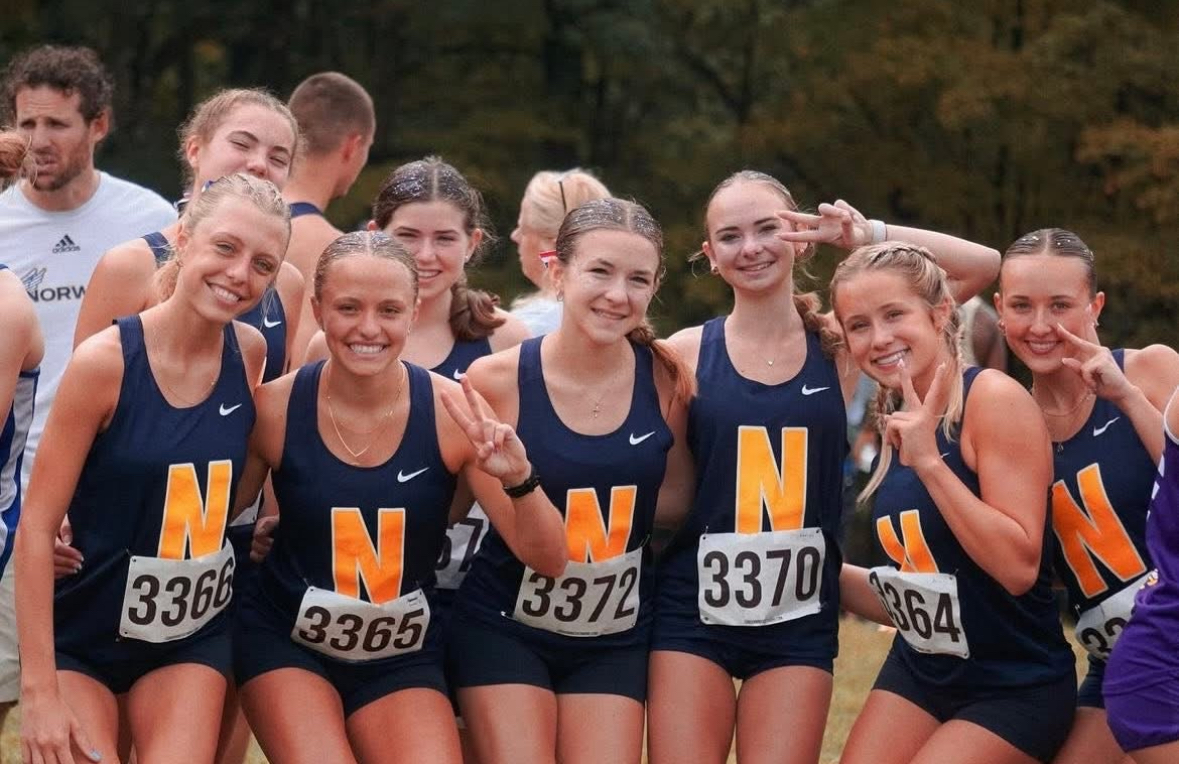
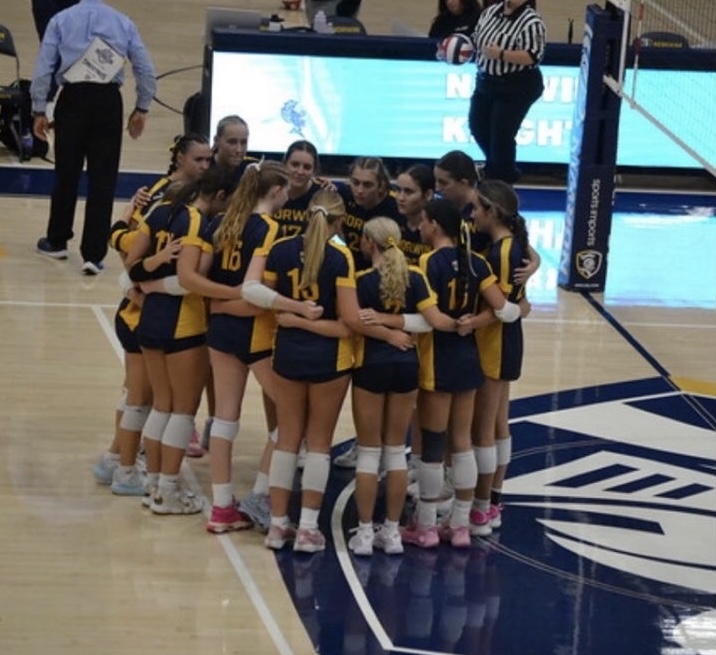
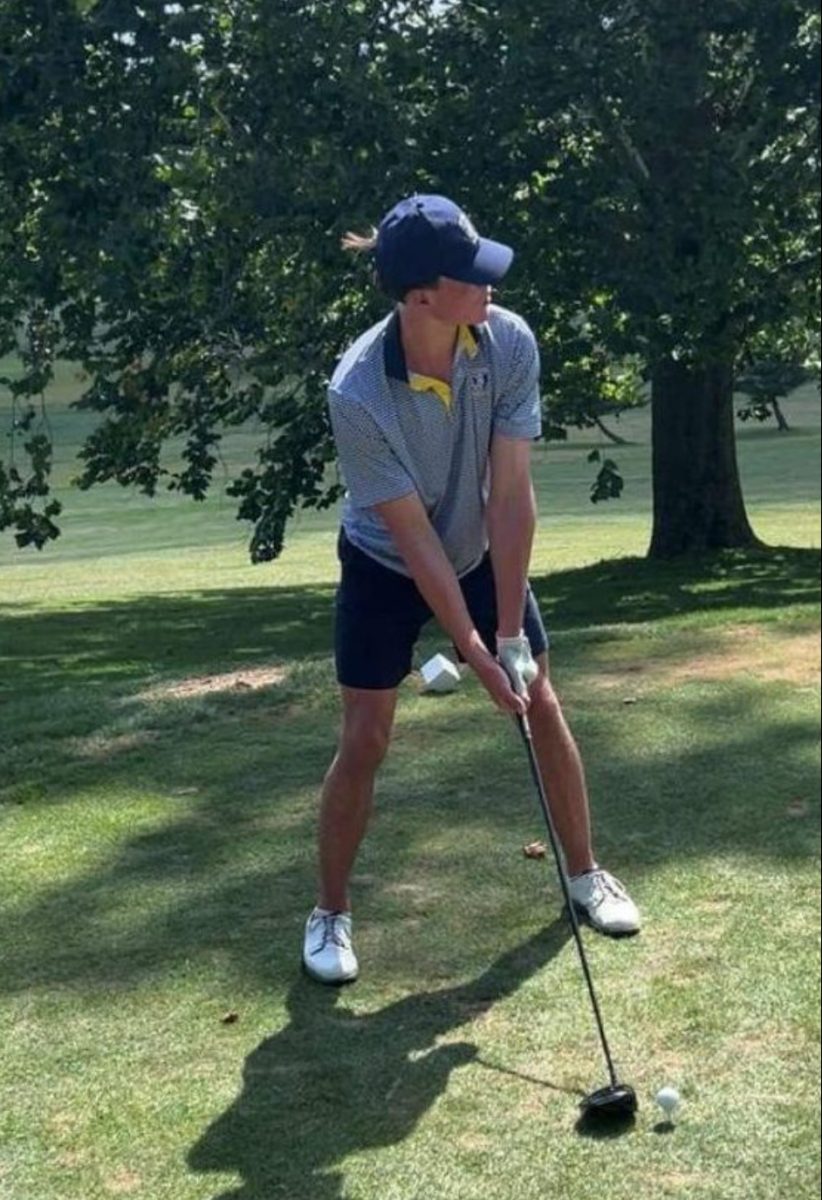
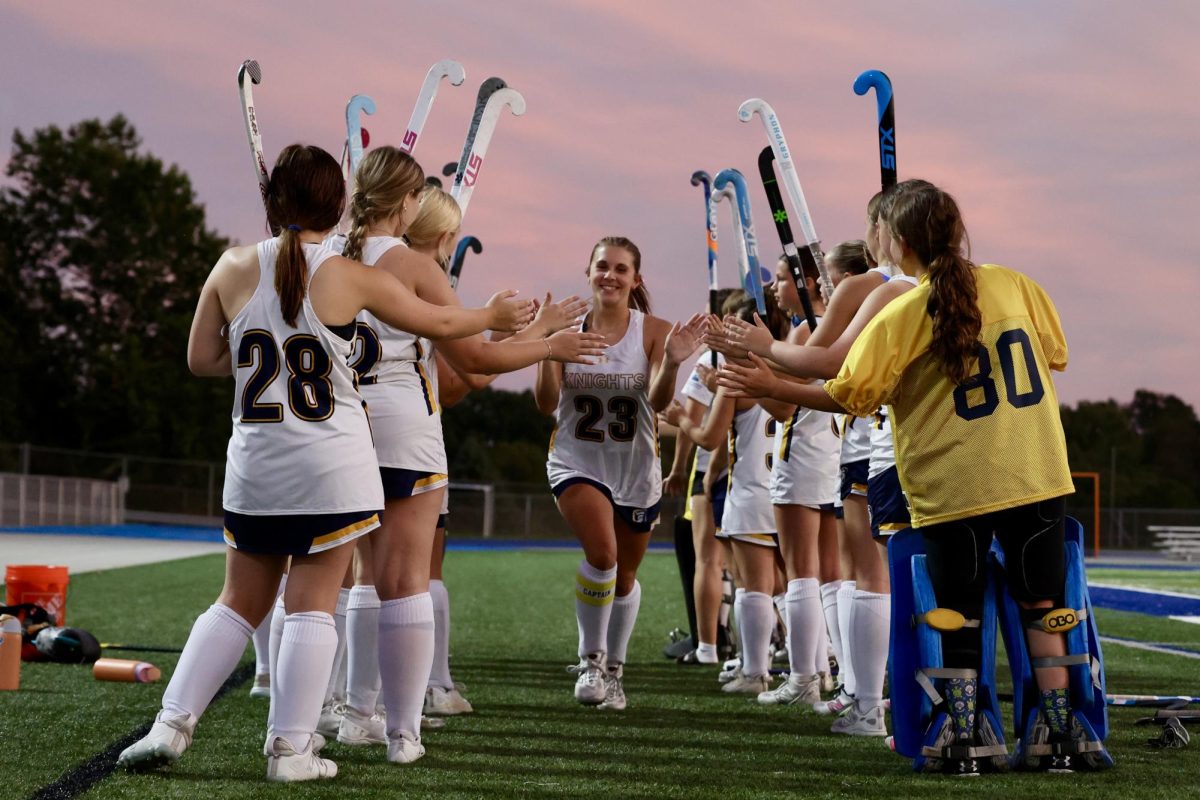
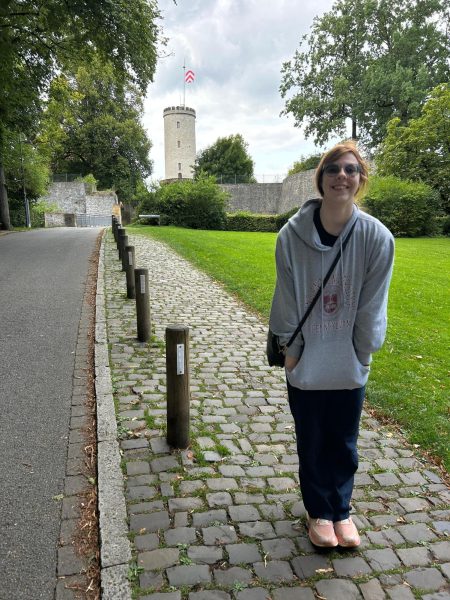
Denise • Sep 10, 2025 at 8:51 pm
“designing a more efficient and effective emergency room to understand what would and would not affect their work.”
I work in population health and Public Health. We have adults who for decades have been trying to figure this out. How exciting for these students. I hope we get to hear about their work in this class.